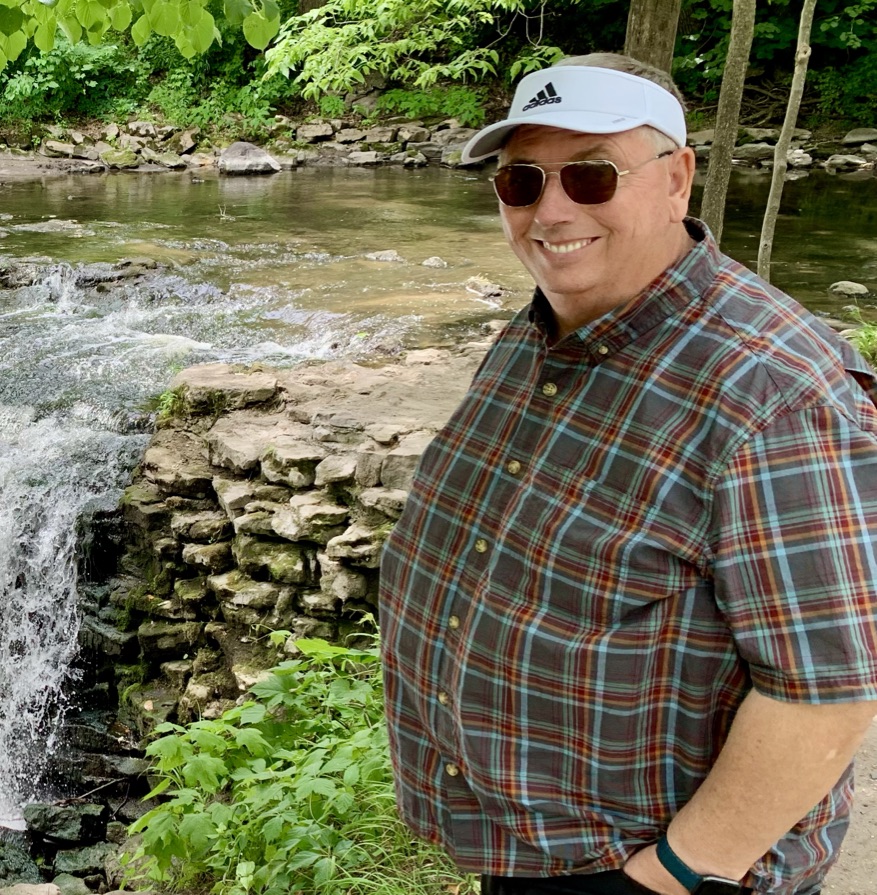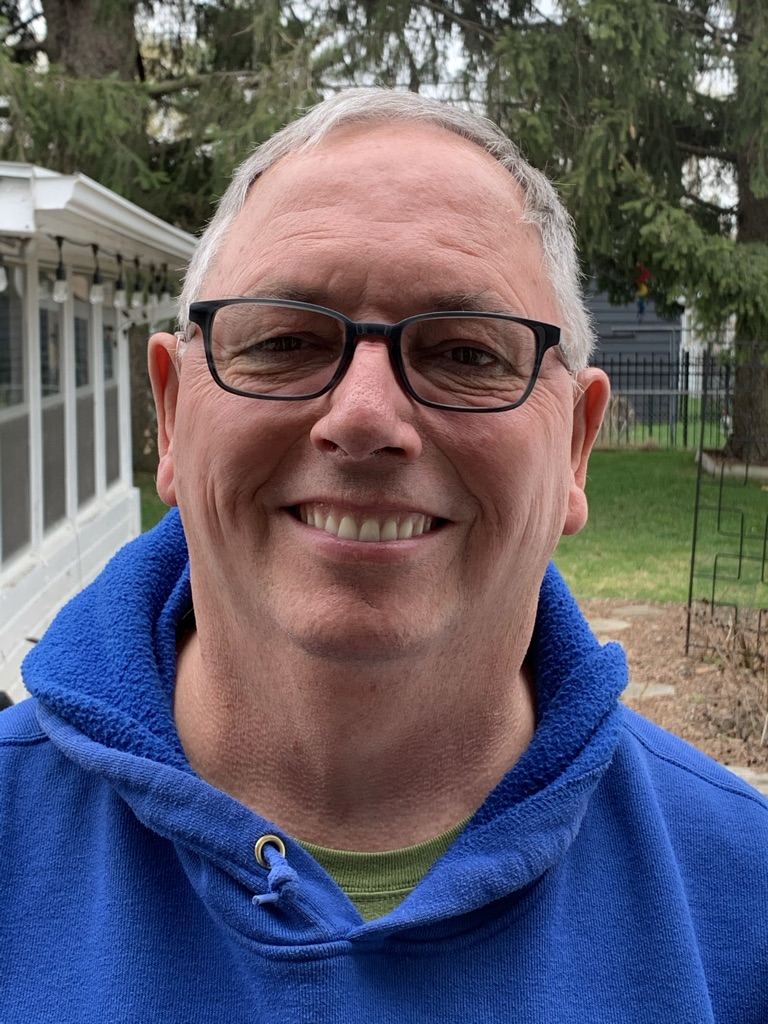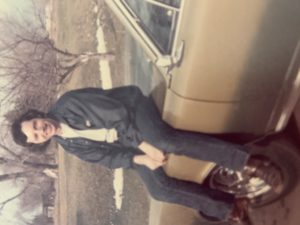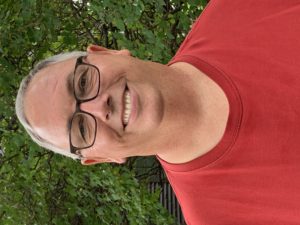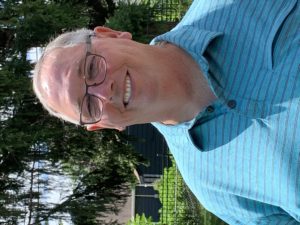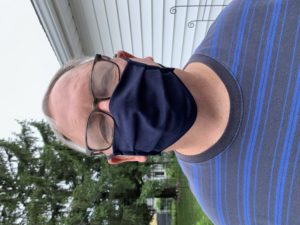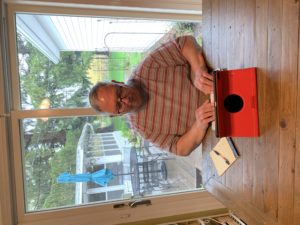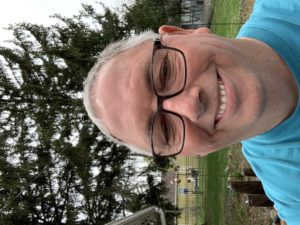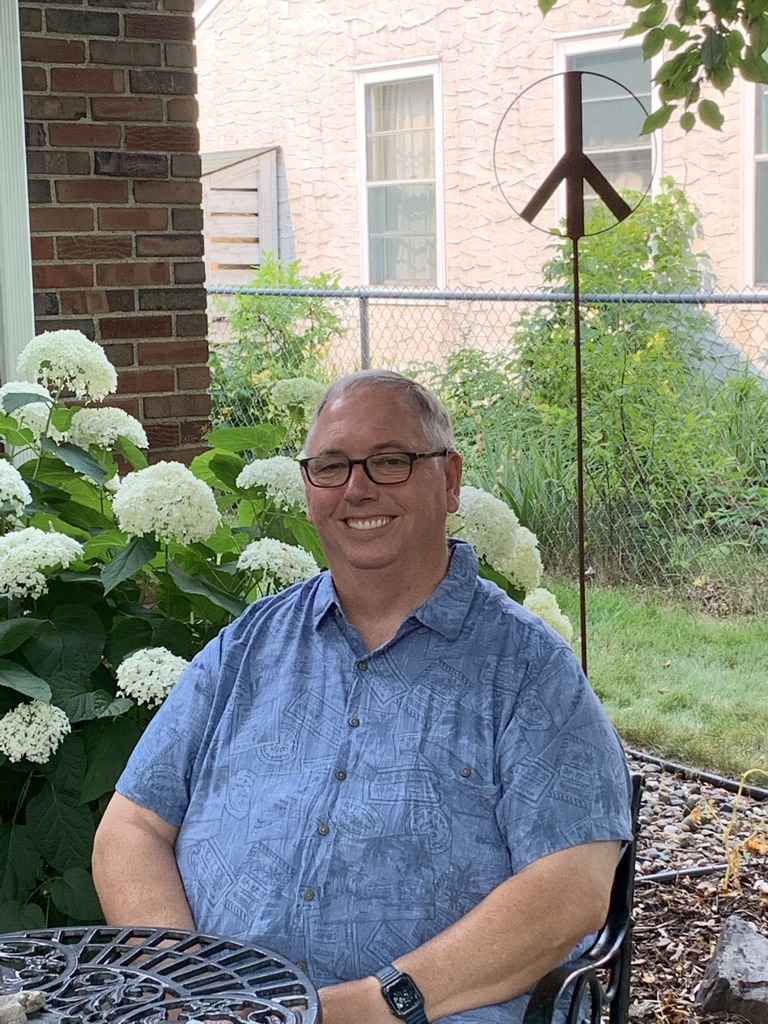
Linda says it all of the time: “It does not take much to be happy”. She’s, of course, correct. Happiness is not reserved for a special few. Even in difficult times we, each of us, can be happy.
Several weeks into the pandemic shutdown, our spirits were a bit low. My beloved Linda observed, bakeries were open during the pandemic even while most “non-essential” businesses were shut down. Next thing she says is, she’d heard the Swedish Crown Bakery in Anoka was good.
Predictably, being married to Linda it was predictable, the next morning we were headed to Swedish Crown Bakery for Swedish pastries. We ate them on a picnic table at a nearby park with bottled water we brought from home. From there we took the long way home, looking at sites I hadn’t seen for several decades when I used to work for Anoka County.
That little trip did wonders for our morale so we decided that we would visit other bakeries more or less every Saturday. Lists were made. Choices were made. We tried to go a different direction and or a different type of bakery every week. See the bottom of this post for a list of some of the bakeries we visited.
Weekly trips to bakeries and to parks gave us something to look forward to and gave us a story to tell. We used Target stores for our potty breaks. They were open, located everywhere and Apple maps made it easy to find them. Like I said, I’ve heard Linda say it hundreds of times, it does not take much to be happy.
Dictionaries define Happy as “enjoying or characterized by well-being and contentment”. Being happy is an internal feeling. Being happy is a choice. Not every minute of every day needs to be a happy moment. However, we can be generally happy most of the time.
Of course, unhappy stuff also happens. Several sources stated the trick to getting back to happiness is to acknowledge the feeling of unhappiness, letting yourself experience it for a moment. Then, shift your focus toward what made you feel this way and what it might take to recover.
It is way too easy to get down on oneself and or to blame others for being unhappy. Yup, crap happens. It is not fair. It is not fun. Even if it is your own damn fault, being unhappy makes nothing better. Your happiness is about you and your outlook not about your lot in life.
Give yourself permission to be happy. Most everyone, in their own opinion, should be the hero of their own story. Jerry Seinfeld famously said, “When men are growing up reading about Batman, Spiderman, and Superman… These are not fantasies, they are options.” In my humble opinion, being the hero of our own story is fundamental to happiness.
Even in the worst times in your life it is possible to still be happy. Terminally ill people smile, and appreciate others. Being poor can be tough but being poor does not mean one is necessarily unhappy. Being rich does not necessarily make one happy either. Happy is not a present received or a pat on the back. Happy is a choice you make no matter what life deals you, because it feels better than choosing not to be happy.
When I reflect back on our bakery runs during a pandemic what made us happy was not just the pastries. What I think made us happy was deciding the experience of getting pasties during a pandemic was a good reason to be happy.
Countless philosophers conclude the same thing, life is about the journey not the destination. Happiness is not tied to reaching the destination. Happiness is choosing to be content while you are living the journey that is our lives.
Here are some of the bakeries we visited.
Swedish Crown Bakery – Anoka
Hanisch Bakery – Red Wing
Ruby’s Roost Bakery & Coffee – Victoria
Brick Oven Bakery – Northfield
Rustica – Minneapolis (Uptown)
The Heights Bakery – Columbia Heights
Sarah Jane’s Bakery – Minneapolis (NE)
Swedish Crown Bakery – Anoka
Pine River Bakery – Pine River
Emily’s Bakery – Hastings
Sweet Kneads – Farmington
Bread & Chocolate- St. Paul
Lindstrom Bakery – Lindstrom
La Delicious Bread – Little Canada
La Boulangerie Marguerite- St Paul
You can’t beat the Heights or Hanisch bakeries for the variety of choices.
My vote for the highest quality, La Delicious Bread, wonderful.
For that “I’m a cool yuppy” who wants to be around other cool yuppies, Rustica in Mpls.
All of the bakeries were good. We found no clunkers.
My go to all of the time bakeries are La Boulangerie Marguerite – on Randolph in St Paul or La Delicious Bread – Little Canada
Pro tip: keep paper towels and wipes in the vehicle. Some benches need a touch up before you sit down. The bag the pastries came in makes a good plate. Fingers get sticky.
The closer you look the more you see.
